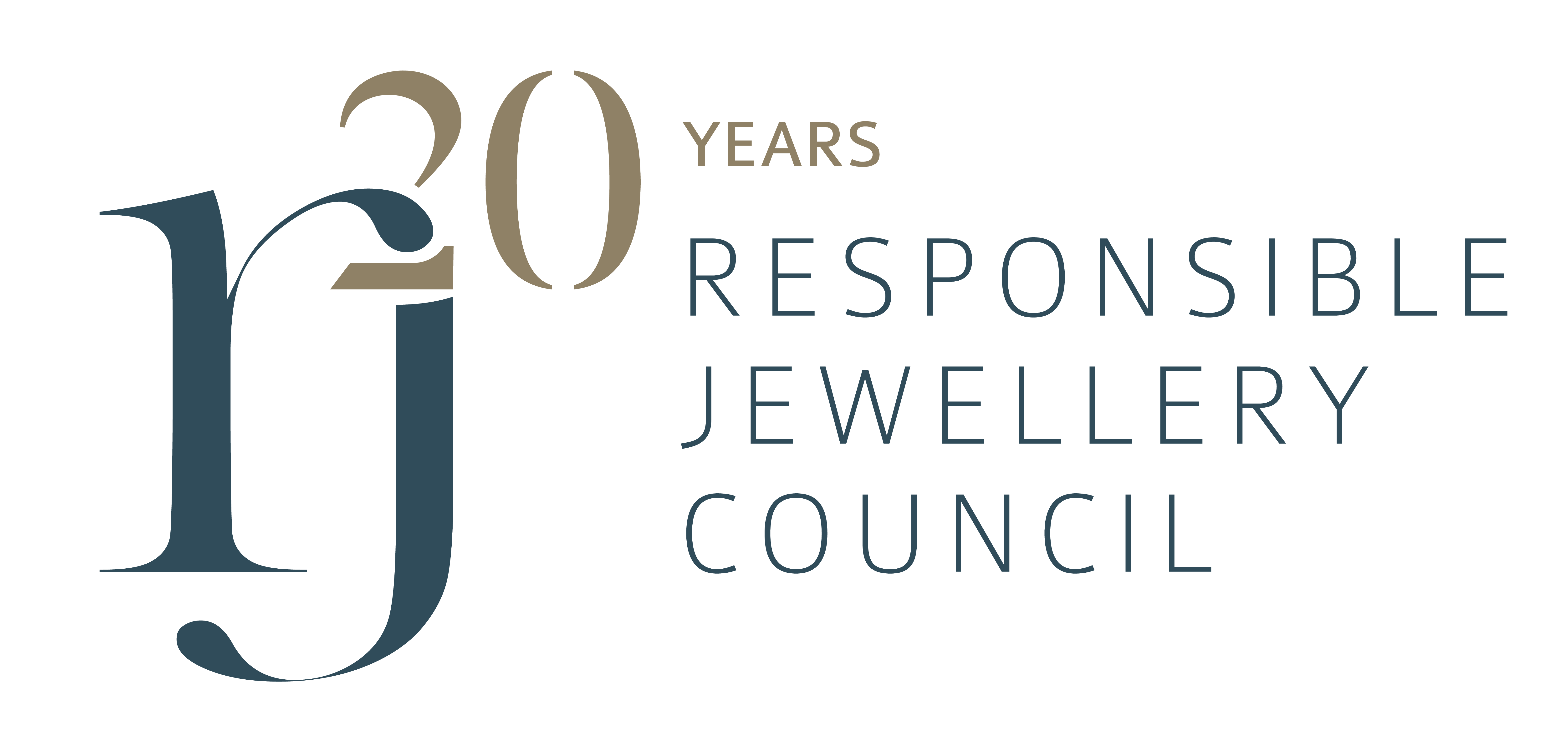Sameep Mehta is Director at Dianco, driven by a passion for sustainability and excellence in the diamond industry. After earning a Bachelor’s degree in Business Management from Carnegie Mellon University in 2009, Sameep moved to Surat, India, to deepen his understanding of diamonds and his family business. It was there that he found his passion for the industry, ultimately joining his family business in 2013. Sameep’s commitment to sustainability and advancing industry standards has been integral to Dianco’s growth and leadership in the competitive diamond market.
What drove DIANCO to join the Responsible Jewellery Council?
Dianco joined the Responsible Jewellery Council (RJC) because they share a mission centred on sustainability within the jewellery and watch industry. With over 1800+ companies across the global supply chain, from mining to retail, the RJC serves as the leading sustainability standard-setting organization.
At Dianco, there’s a shared belief that responsible business practices are essential for the industry’s success ‘without causing harm to people or the planet.’ This aligns perfectly with the RJC’s vision of fostering responsible business practices through collaboration.
By adhering to the RJC’s standards, such as the RJC Code of Practices (COP) and RJC Chain of Custody (CoC), Dianco integrates responsible business practices into its management systems and daily operations. This commitment enhances trust in the jewellery and watch industry.
Together with the RJC, Dianco contributes to a larger ambition of creating a better, fairer world through ethical and sustainable practices. The RJC’s standards serve as the cornerstone for driving positive change throughout the industry.
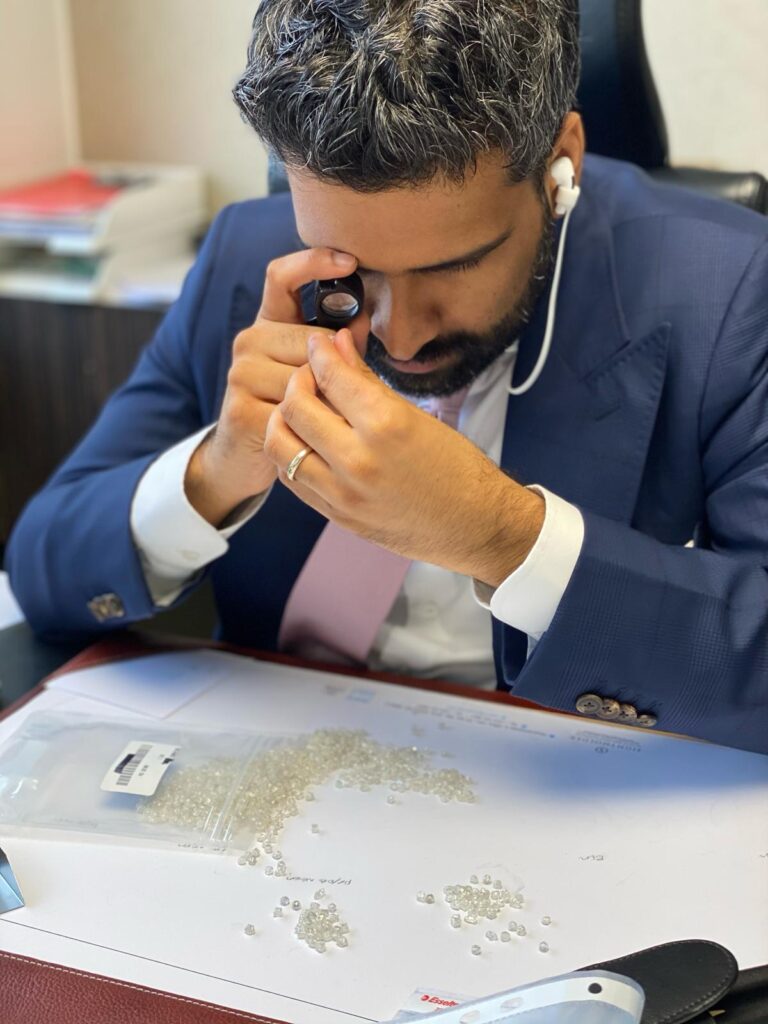
Images courtesy of dianco
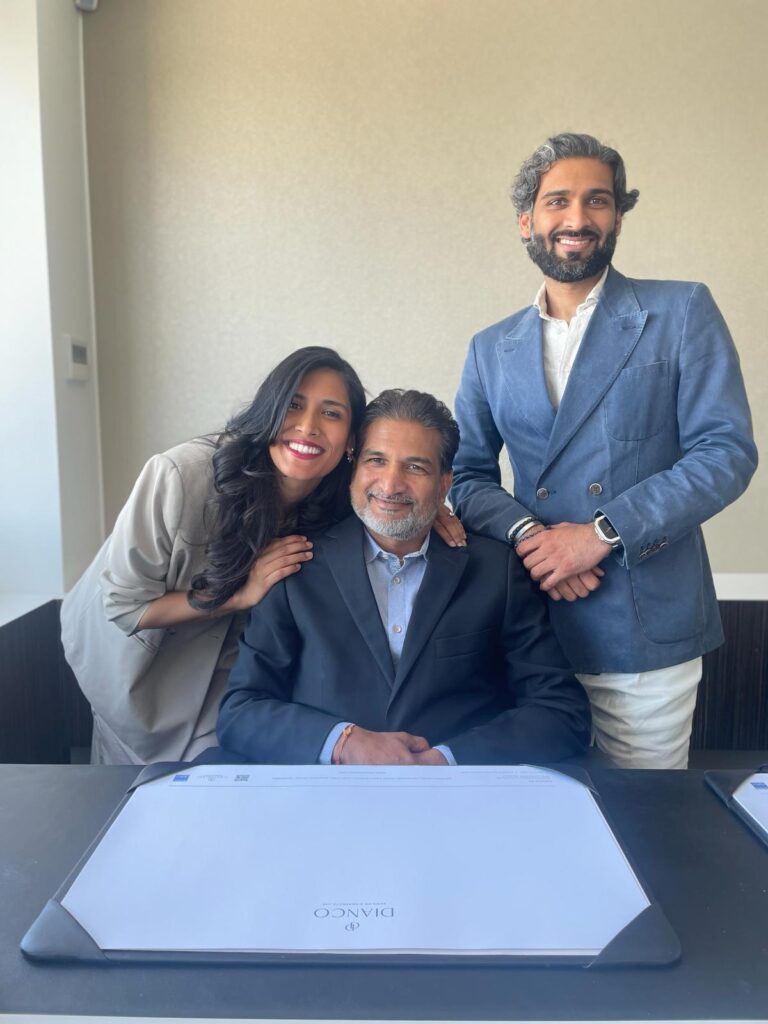
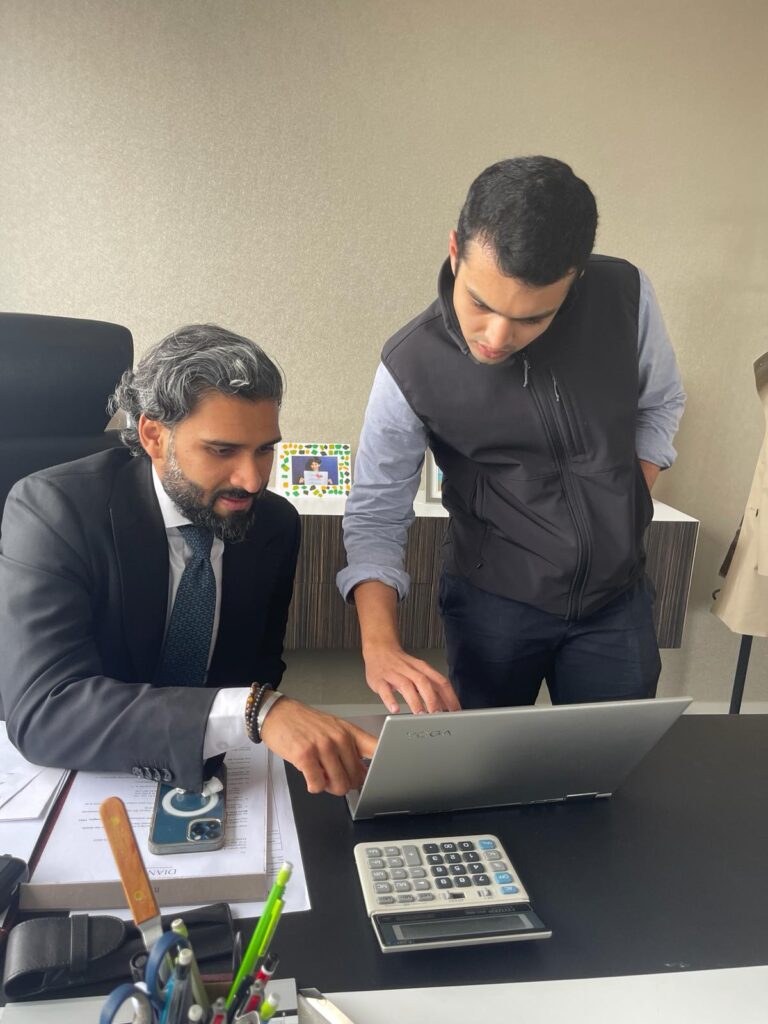
Do you have any special initiatives or partnerships that we should keep an eye out for?
Yes, we do have a few forthcoming initiatives and collaborations as we continue to prioritize sustainability and ethical practices in our operations. With all our factories certified by the Best Practice Principles (BPP), we are steadfast in our commitment to achieving carbon neutrality. We also created an initiative focused on women empowerment, and support this by facilitating daycare services in our factory in Botswana, in line with our mission of providing more opportunities to our female workers.
On the other hand, as active members of the Watch and Jewellery Initiative 2030, we’re engaged in collaborative efforts to shape the future of the jewellery industry. Moreover, being part of iTraceIt and Tracr allows us to further enhance transparency and traceability in our supply chain, empowering consumers to confidently track the journey of their diamonds.
Through these initiatives and partnerships, we are dedicated to fostering trust, sustainability, and ethical standards throughout the jewellery industry.
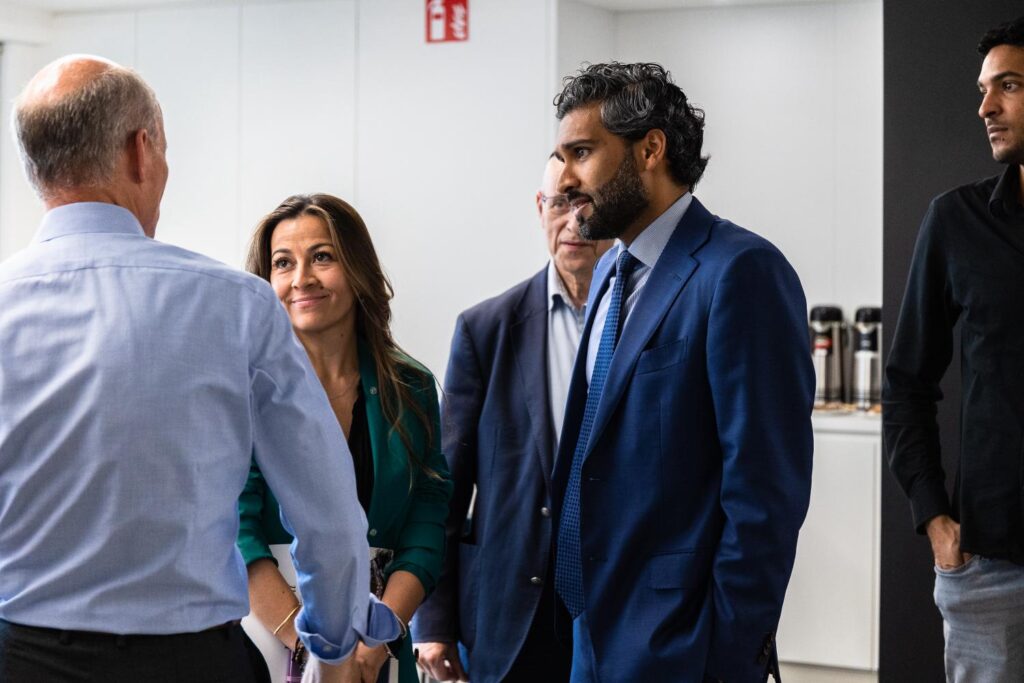
Images courtesy of Dianco
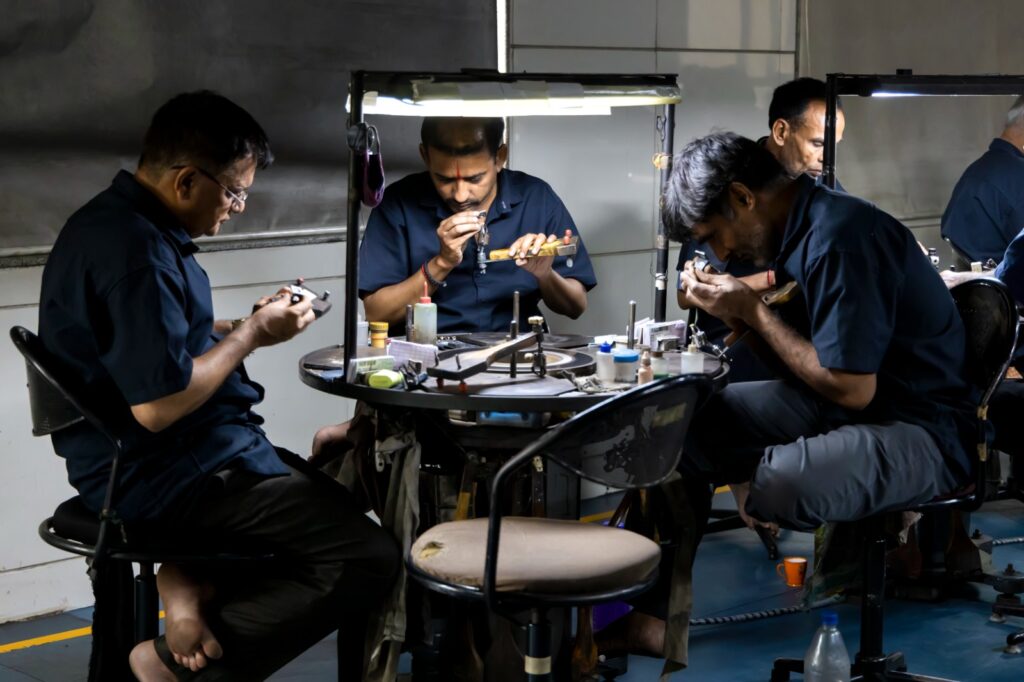
What does sustainability mean to you, and how does it link to DIANCO?
Sustainability is at the heart of Dianco’s values, representing our commitment to conducting business responsibly. For us, sustainability means considering the impact of our actions on the community, environment, and economy. It’s about finding a balance that ensures we can meet the needs of today without compromising the ability of future generations to meet their own needs. At Dianco, sustainability isn’t just a box to tick; it’s an ongoing journey of improvement and responsibility that we are committed to every step of the way.
How can a “responsible business strategy” help to transform the industry?
A responsible business strategy can catalyse positive change within the diamond industry, promoting ethical sourcing, environmental sustainability, community development, consumer confidence, innovation, and regulatory compliance. By prioritizing responsibility, the diamond industry can contribute to a more sustainable and ethical future for all stakeholders involved.
What changes do you wish to see in the diamond industry?
I hope to see, us as an industry become better at educating the end-consumers about the positive impact the diamond trade has on communities. It’s important for consumers to understand that supporting responsible diamond companies not only ensures they’re getting a quality product but also contributes to the well-being of communities where diamonds are sourced.
By prioritizing ethical practices, empowering local communities, and promoting sustainability, the diamond industry can become a force for positive change in the world. Moreover, this awareness empowers consumers to make informed choices that not only ensure they receive a quality product but also support meaningful social and environmental initiatives within the diamond industry.
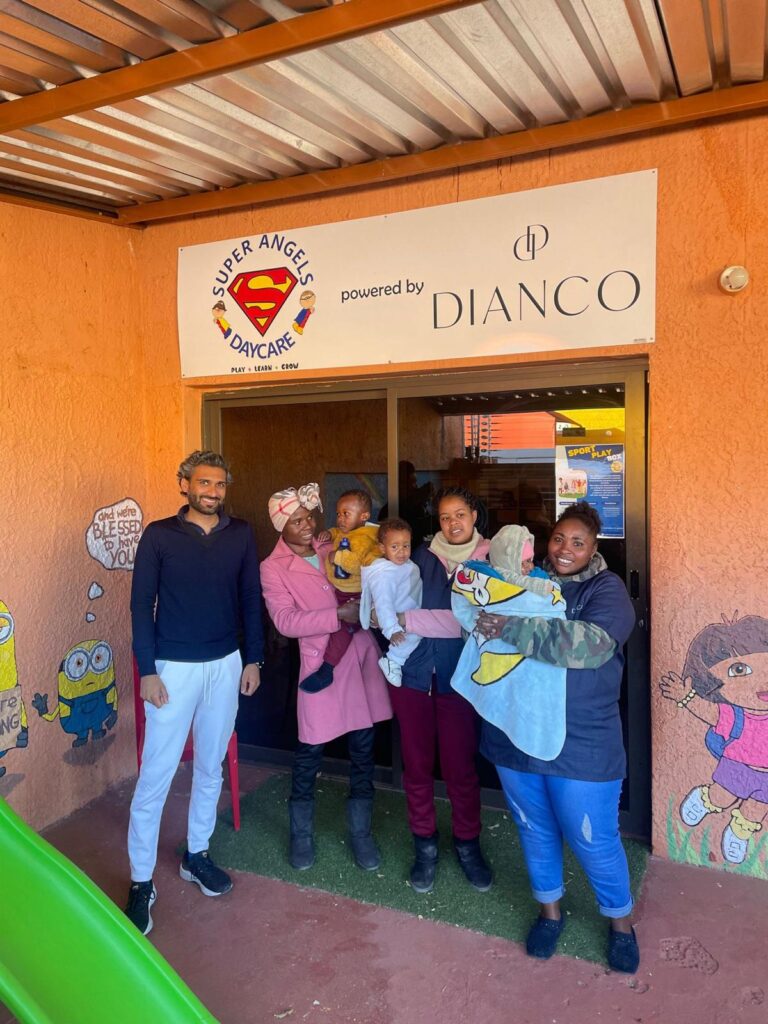
Image courtesy of dianco
Do you have any advice for businesses/companies that wish to start or develop their sustainability journey?
I believe each business looking to start or develop its sustainability journey should start off with 4 things:
(1) Set Clear Goals: Define specific sustainability objectives aligned with your values and stakeholders’ expectations. (2) Integrate Sustainability: As a first step, embed sustainability into your core business strategy and operations, considering environmental, social, and economic impact. Then, work hard to engage with the journey, and keep it as a priority. (3) Measure Progress: Establish KPIs to track performance, regularly monitor progress, and transparently communicate achievements. (4) Collaborate and Innovate: Engage stakeholders, invest in innovation, and collaborate with partners to drive collective action and adapt to evolving sustainability challenges.
By following these guidelines and embracing sustainability as a strategic imperative, businesses can not only mitigate risks and enhance resilience but also unlock new opportunities for innovation, growth, and long-term value creation.
